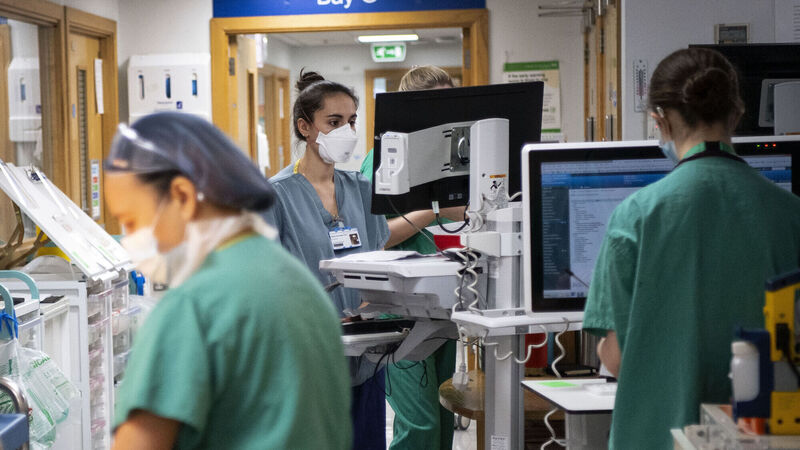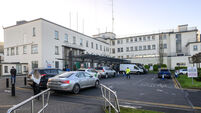Alison O'Connor: How sick is our health system that people are afraid to go to hospital?

In a recent survey, 72% of respondents said they would only attend a hospital A&E if their life depended on it. Picture: Victoria Jones/PA
Abandon hope all ye who enter here. Is it an out-of-season Halloween warning, or the attitude to arm yourself with upon entering one of our hospital emergency departments?















